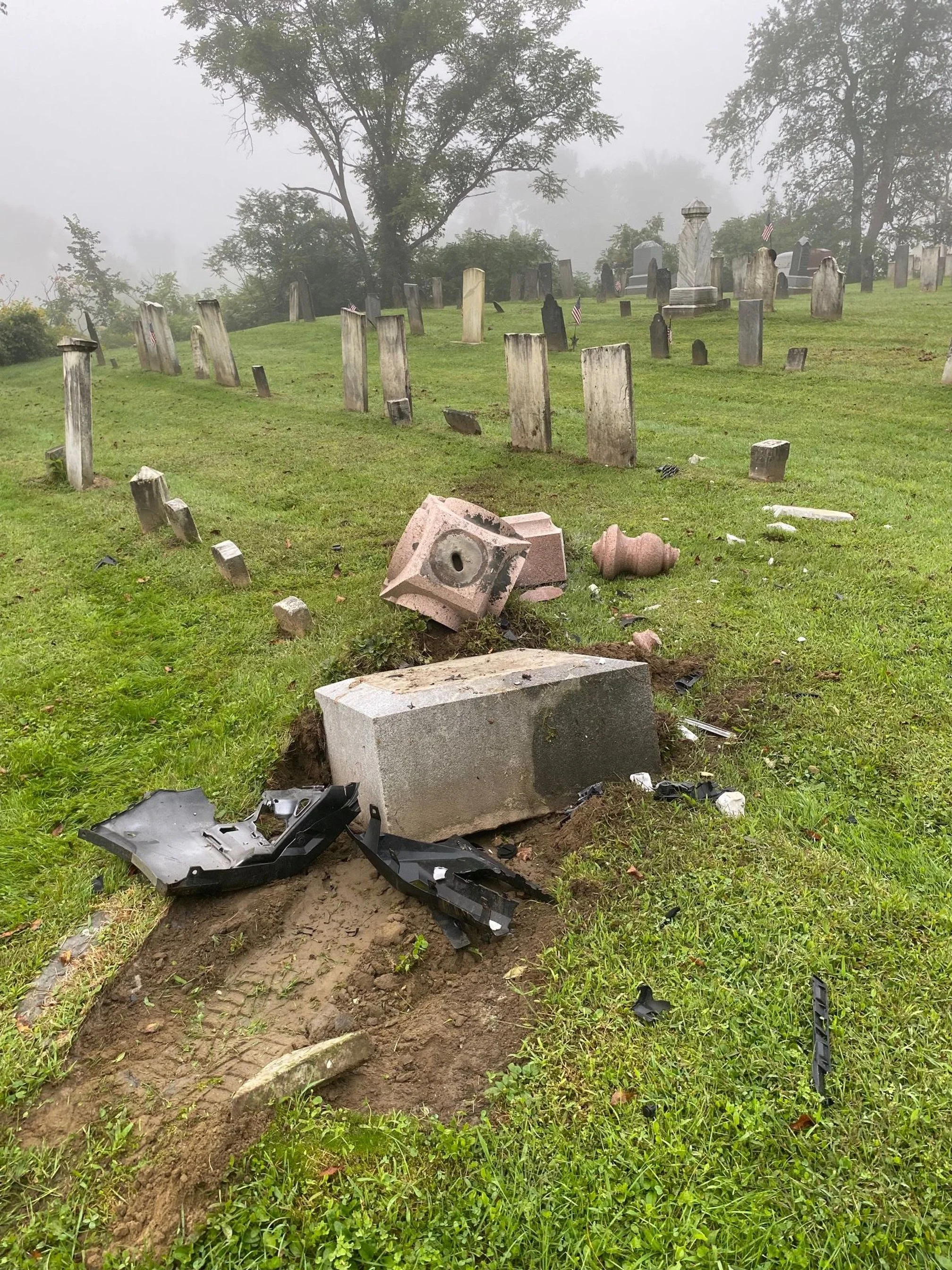DMV warns car buyers about hidden flood damages in scam sales
Photo Courtesy of the Federal Trade Commission
The Community News Service is a program in which University of Vermont students work with professional editors to provide content for local news outlets at no cost.
Adjusting after a natural disaster takes many forms, and for Vermonters in the wake of this summer’s flooding, that includes changes to used car purchases.
A press release from the Vermont Department of Motor Vehicles on Aug. 28 warned consumers of cars for sale with undisclosed flood damage. Flood-damaged car scams are known to appear after natural disasters, like those described in reports in Massachusetts following Hurricane Ian earlier this year.
Typically scammers take flood-damaged vehicles, give them a cheap facelift and bring them to an out-of-area auction to be bought by car dealerships. Other times flood-damaged cars appear online for purchase without any disclosures about their damage or with fraudulent titles.
Flood damage is not always as visibly apparent as it would seem, the press release explains: “On first appearance, the vehicle may look fine. If the seller is using a fraudulent title, it may be even more difficult to determine whether the vehicle is flood-damaged.”
Dealers around Vermont are more confident in their ability to steer clear of scam cars.
Tom Lavictoire, president of Lavictoire’s Used Cars in West Rutland, told Community News Service he has witnessed attempts at auctions to sell flood-damaged cars in disguise, but “more experienced” car dealers know not to buy them.
Tim Westover, of Carter’s Cars in South Burlington, said he hasn’t personally seen the scam, but dealers do “their due diligence” to check the titles on vehicles they re-sell. Online and other private sales by individuals, he said, not so much.
Online platforms like Craigslist, Westover said, are “where most people probably go to get out of something.” He and Lavictoire said dealerships are consumers’ safer bet.
“A dealer is going to be way more honest than a person on the street,” said Lavictoire.
Still, the motor vehicle department says dealers buying from auctions can mistakenly buy damaged cars too.
According to the department’s Director of Operations Nancy Prescott in an email, no reports of flood damage car scams have taken place following the July flooding. But Prescott said there are steps consumers should take to make sure they don’t get scammed with any used car purchases following the floods.
Consumers should “thoroughly examine the vehicle including interior, trunk and under the hood while observing for odor and dampness,” Prescott said.
If any vehicle smells mildewy, that should be an instant red flag. “When possible, having your mechanic look over the vehicle prior to purchase is suggested,” Prescott said.
To avoid disguised, flood-damaged vehicles from out-of-state sellers in places like New York, the department says it continues to update the National Motor Vehicle Title Information System and verifies out-of-state titles and brand history.
Prescott said consumers should run a report through that national system online prior to purchasing a vehicle to prevent fraud. The National Insurance Crime Bureau’s VINCheck is also a free service to help consumers determine if a vehicle has been reported as flooded or stolen prior to purchase by entering its VIN.








